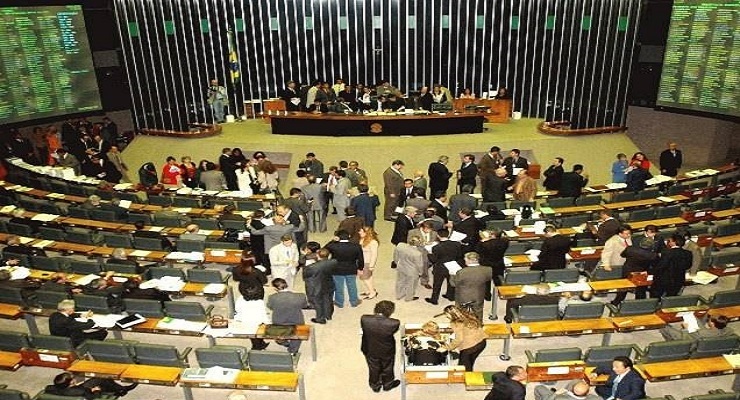
Few countries have a history tied more closely to the labor movement than Brazil. A history of labor protest in Brazil has defined the nation’s political balancing act that only recently emerged from dictatorship into democracy. What can be learned from this journey?
Filmed on October 29th, before the election of far-right candidate Jair Bolsonaro as Brazil’s new president, the Watson Institute for International and Public Affairs at Brown University organized a lecture with Stanley Gacek, a leading expert in the history of the Brazilian labor movement, as part of a series on the country.
During this lecture, Gacek reviews the labor laws passed by the Brazilian congress in July 2017 and implemented in November 2017. Gacek points his finger at that legislation as the culprit for gradually devastating Brazilian workers and their unions. According to the event invite:
Stanley Gacek, Senior Advisor for Global Strategies at the United Food and Commercial Workers International Union (UFCW), is a North American labor lawyer who has followed the labor movement and labor politics in Brazil for 37 years. He will provide a trade union and pro-worker perspective on the current state of Brazilian labor relations, reviewing the most recent labor law reform and assessing its drastic effects on Brazilian workers and their unions. He also will discuss how the Brazilian labor movement can respond to these challenges.
The Watson Institute for International and Public Affairs at Brown University holds these types of lectures and panels regularly “to encourage and promote an equal and peaceful world through research, teaching, and public engagement”.
This video lasts for about 45 minutes. Take a look:
Leave a Reply